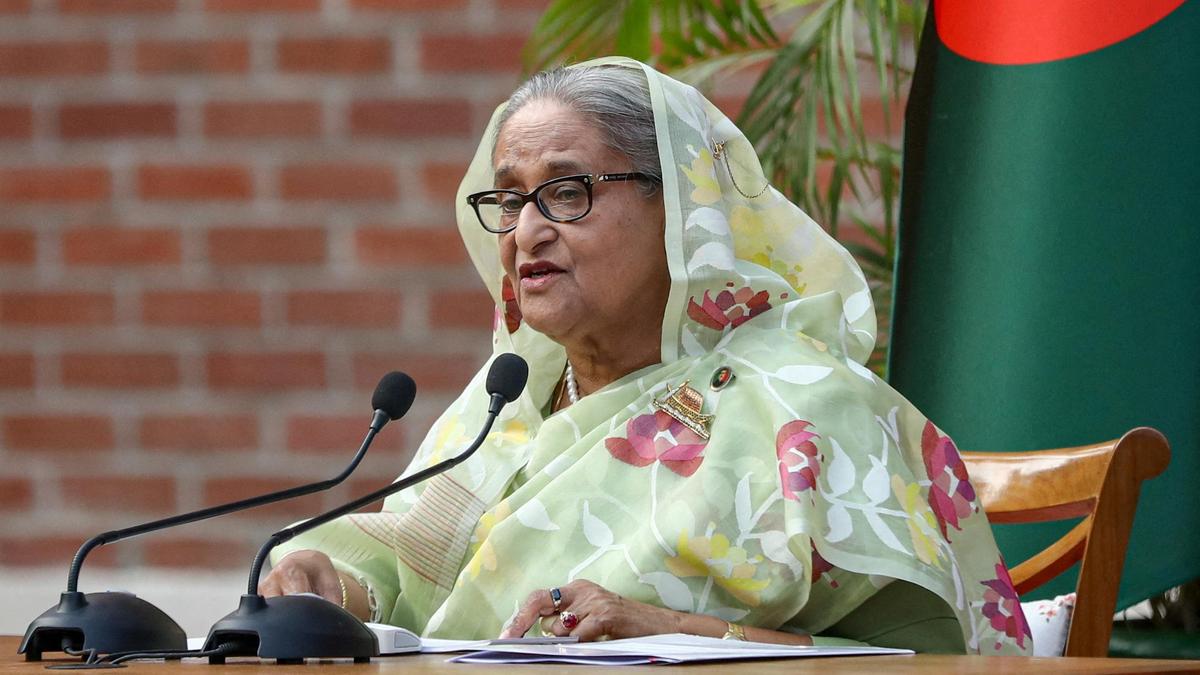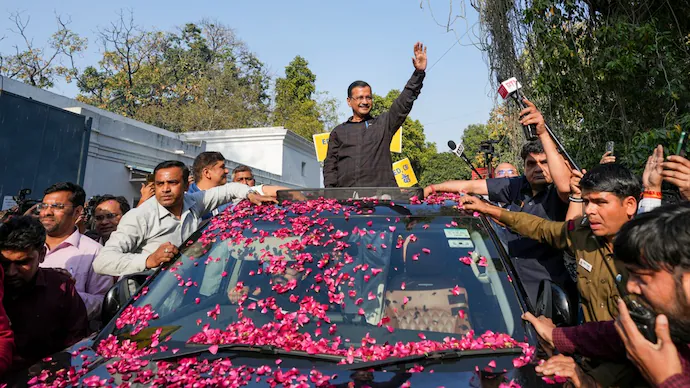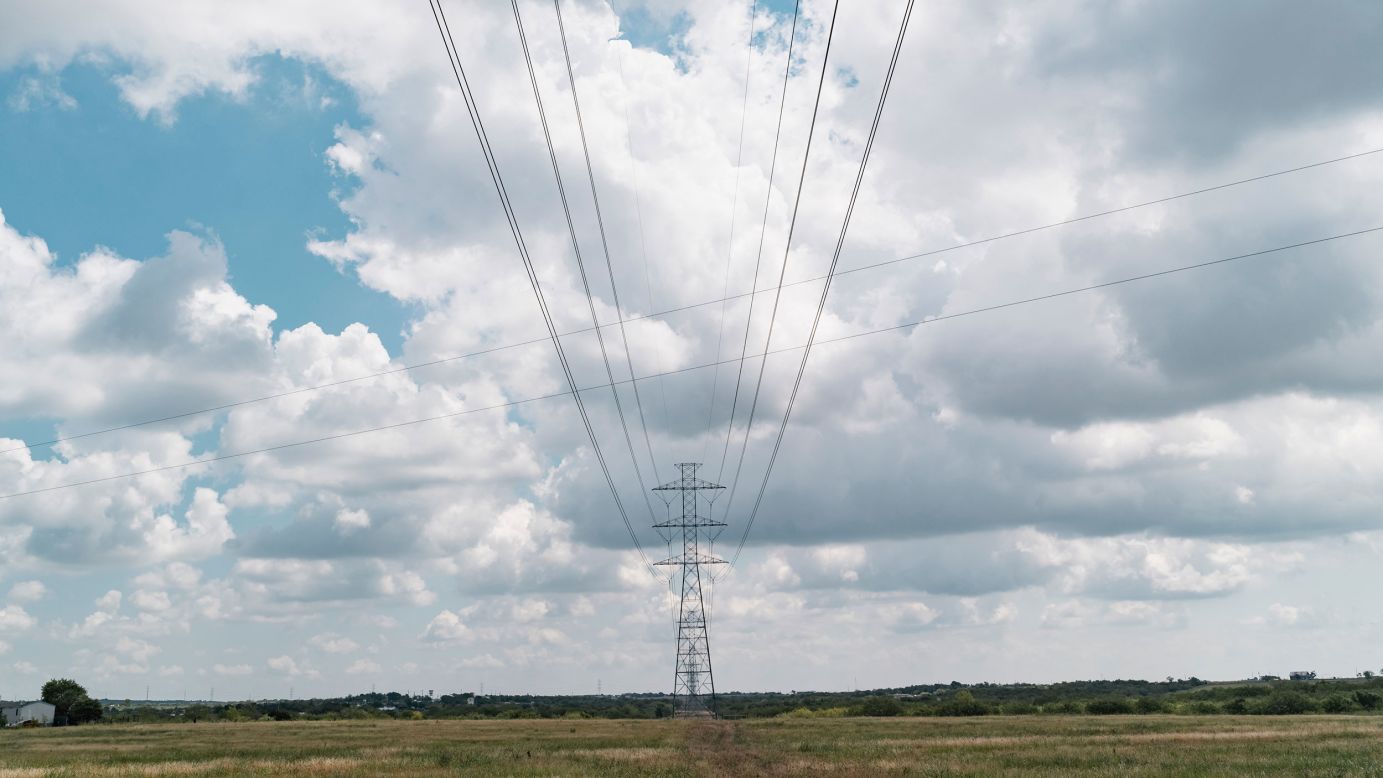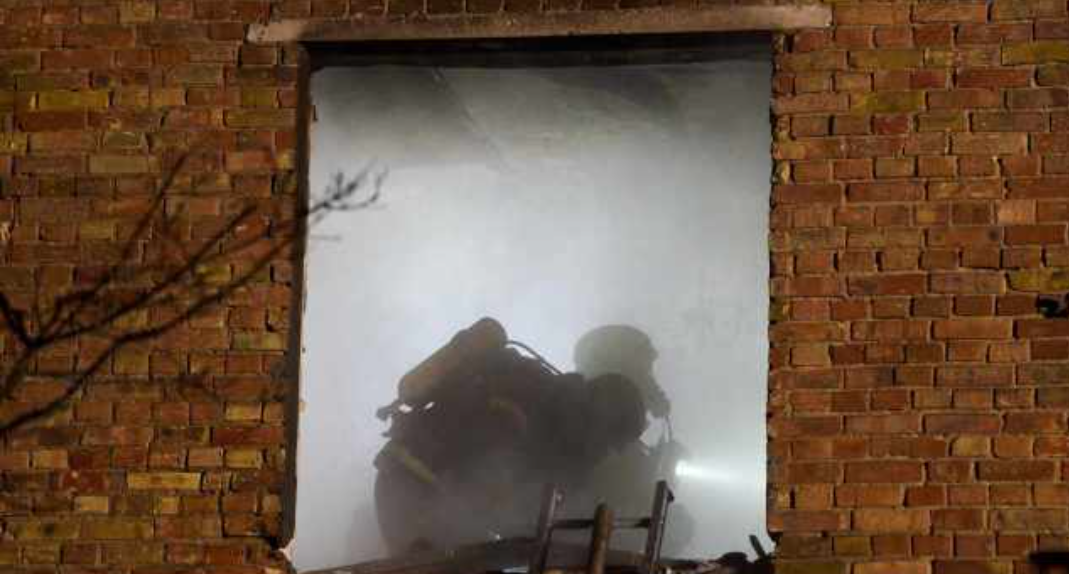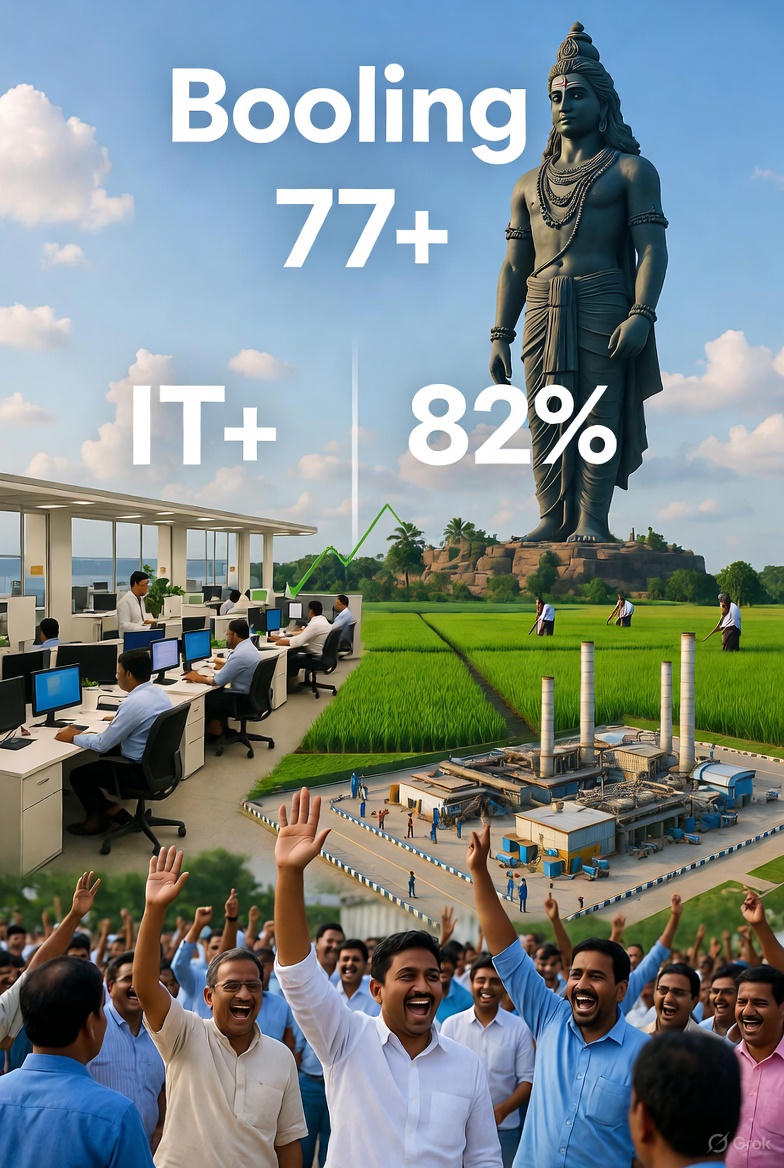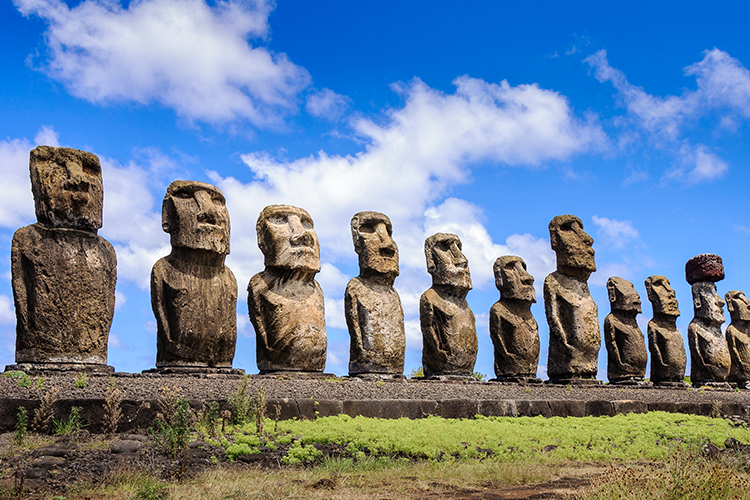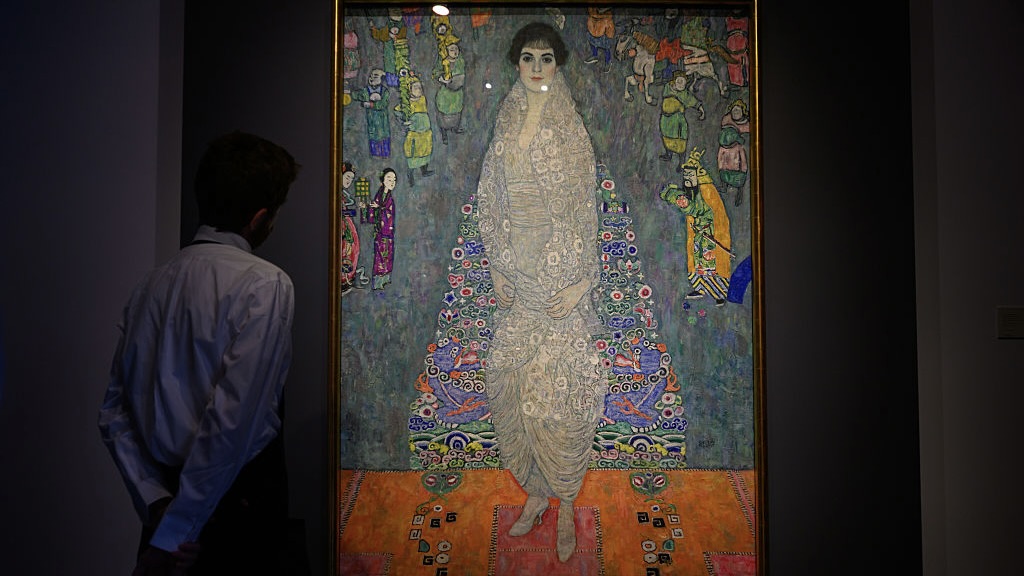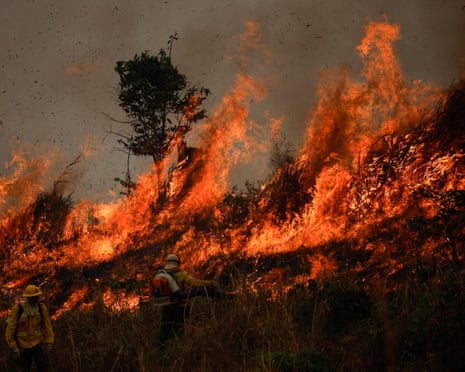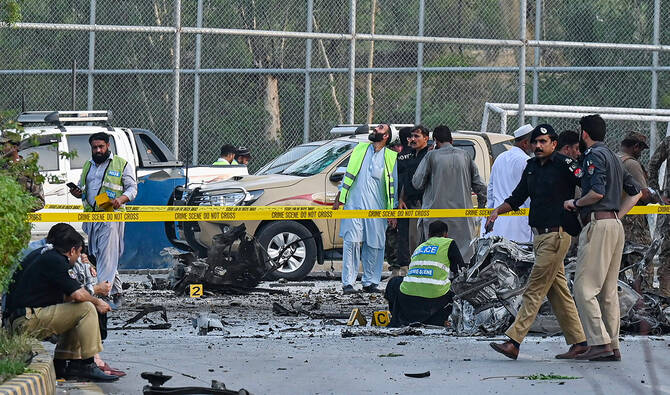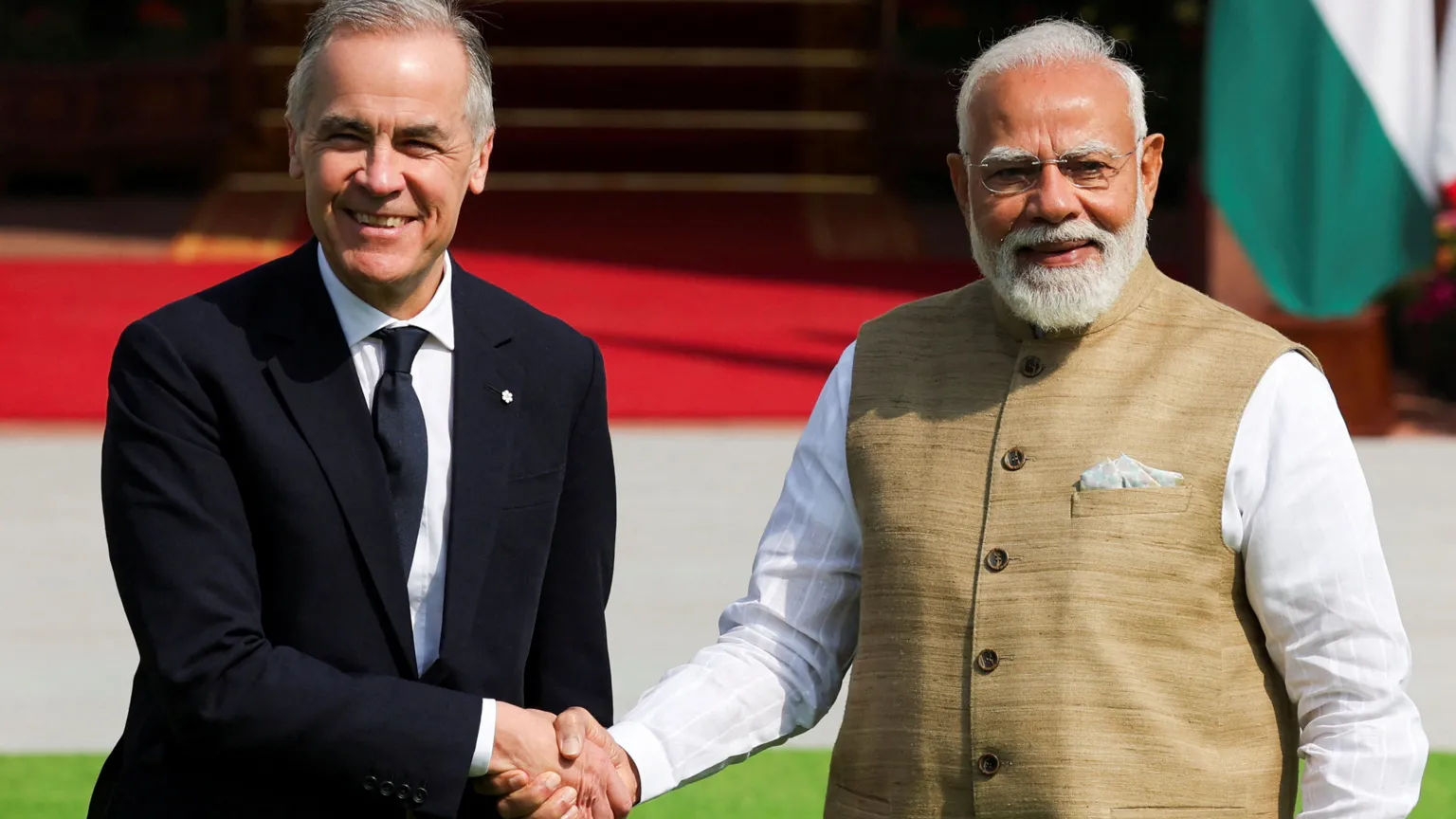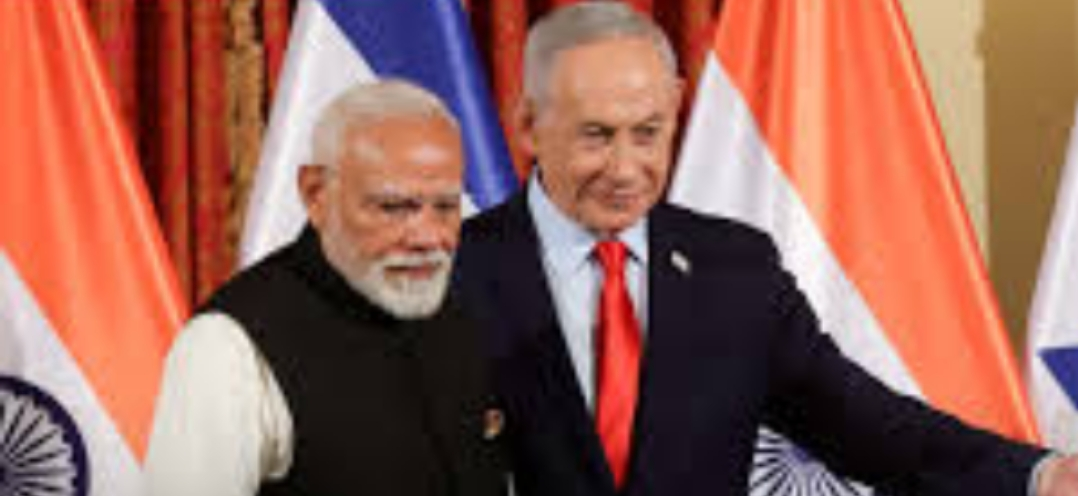By Suraj Karowa/ANW ,Dhaka, Bangladesh
November 17, 2025 –

In a courtroom thick with tension and the weight of a nation’s fractured history, Sheikh Hasina, the once-unassailable prime minister of Bangladesh, was handed a death sentence on Monday.
Convicted of crimes against humanity by the International Crimes Tribunal, Hasina’s fall from power—sparked by a brutal crackdown on student protests—marks a seismic shift in South Asia’s turbulent political landscape. The verdict, delivered by a panel of three judges, accuses her of inciting hundreds of extrajudicial killings during the 2024 uprising that toppled her 15-year rule.
The chamber in Dhaka erupted in applause as Judge Mohammad Hafiz Siddique intoned the words that sealed her fate: “Sheikh Hasina committed crimes against humanity through her incitement, orders, and failure to impose punitive measures.”
The judges laid bare a chilling narrative, declaring it “crystal clear” that Hasina had urged her Awami League loyalists to “kill and eliminate” protesting students. Families of victims, some weeping openly, filled the gallery, their presence a stark reminder of the human cost.
What ignited this firestorm was a seemingly innocuous grievance: quotas in civil service jobs favoring descendants of 1971 liberation war veterans. In July 2024, university students took to the streets in peaceful demonstrations, demanding reform.
But Hasina’s government, long accused of authoritarian excess, responded with ferocious force. Police, backed by Awami League activists, unleashed a torrent of violence—bullets, tear gas, and even helicopters raining down suppression.
The United Nations human rights office estimates up to 1,400 deaths and 25,000 injuries, figures echoed in harrowing court testimonies. Hasina faced five counts, including inciting murders, ordering hangings, and deploying lethal drones against unarmed crowds. She denies all charges, branding the trial a “witch hunt.”
Exiled in India’s capital, New Delhi, since fleeing Dhaka in August 2024 amid the chaos of her ouster, Hasina watched the proceedings via satellite feed—or so reports suggest. Absent from the dock, her legal team decried the process as a sham, lodging an urgent appeal last week with the UN Special Rapporteur on extrajudicial executions.
“Serious concerns about fair trial rights and due process,” they argued, pointing to rushed proceedings and restricted access. The interim government, helmed by Nobel Peace Prize winner Muhammad Yunus, has demanded her extradition.
New Delhi, a longtime ally that hosted Hasina during her family’s 1970s exile, has offered only stony silence, wary of inflaming bilateral ties.
The sentence arrives as Bangladesh teeters on the brink of renewal—and relapse. National elections loom in February 2026, but Monday’s drama has already spilled into the streets.
In Dhaka, pre-verdict skirmishes saw motorcyclists hurling Molotov cocktails, prompting a lockdown of armored vehicles and riot-geared officers around the courthouse. Key government sites bristled with border guards and rapid action battalions, a grim tableau of a nation haunted by its past.
Hasina’s son, Sajeeb Wazed Joy, fired a warning shot from exile, telling Reuters that Awami League supporters would sabotage the polls unless their party’s ban is lifted. “We will not allow elections without the Awami League,” he vowed, hinting at escalating protests that could “become violent.”
“Unless the international community intervenes, there’s going to be confrontations.” The Awami League, once Bangladesh’s dominant force, remains sidelined, its leaders scattered—many in self-imposed exile alongside Hasina’s kin.
Supporters decry the tribunal as vengeance politics, engineered to erase their legacy. Yunus’s administration counters that accountability is the bedrock of democracy’s revival, a necessary purge after years of “iron-fist” rule.
Hasina’s saga is Bangladesh incarnate: a tapestry of triumph, tragedy, and tyranny. Born in 1947 as the eldest daughter of Sheikh Mujibur Rahman—father of the nation, assassinated in a 1975 coup that orphaned her family—she inherited both a revolutionary mantle and a curse of violence.
Exiled with her sister after the massacre that claimed her parents and siblings, Hasina returned in 1981 to resurrect the Awami League. Her ascent was arduous: opposition firebrand in the 1980s, prime minister in 1996 for a single term, then a triumphant 2008 return that ushered in an economic golden age.
Under her watch, Bangladesh morphed from aid-dependent backwater to garment-export powerhouse, with GDP growth averaging 6-7% annually.
Poverty plummeted, infrastructure bloomed, and women entered the workforce en masse. Yet prosperity came laced with peril. Human Rights Watch and Amnesty International chronicled a darkening portrait: enforced disappearances, media muzzling via the draconian Digital Security Act, and elections marred by voter intimidation.
Opposition voices, like the Bangladesh Nationalist Party, were hobbled by arrests and boycotts. Critics whispered of a one-party state, where Awami League patronage supplanted pluralism.
The 2024 “Gen Z Revolution” shattered that facade. Social media-fueled youth, unscarred by Mujib-era myths, channeled fury over inequality and graft into a leaderless surge. Hasina’s miscalculation—deploying security forces against schoolchildren—ignited the powder keg. By August, her palace stormed, she boarded a military helicopter to India, ending an era.
Now, as Yunus’s technocratic interim steers toward polls, questions swirl. Will the verdict heal wounds or reopen them? Extradition remains a diplomatic minefield; India’s reluctance stems from Hasina’s role as a counterweight to Islamist currents and a partner in regional stability. Globally, the case tests the ICC’s shadow—Bangladesh’s tribunal, though domestic, mirrors Nuremberg’s retributive justice.
For victims’ kin, like those applauding in court, it’s poetic reckoning. “Justice for my son,” one mother murmured, clutching a faded photo. For Awami loyalists, it’s the death knell of a dynasty. As Bangladesh hurtles toward its vote, Hasina’s ghost looms large: a cautionary tale of power’s perils, where economic miracles mask democratic decay.
Discover more from AMERICA NEWS WORLD
Subscribe to get the latest posts sent to your email.
